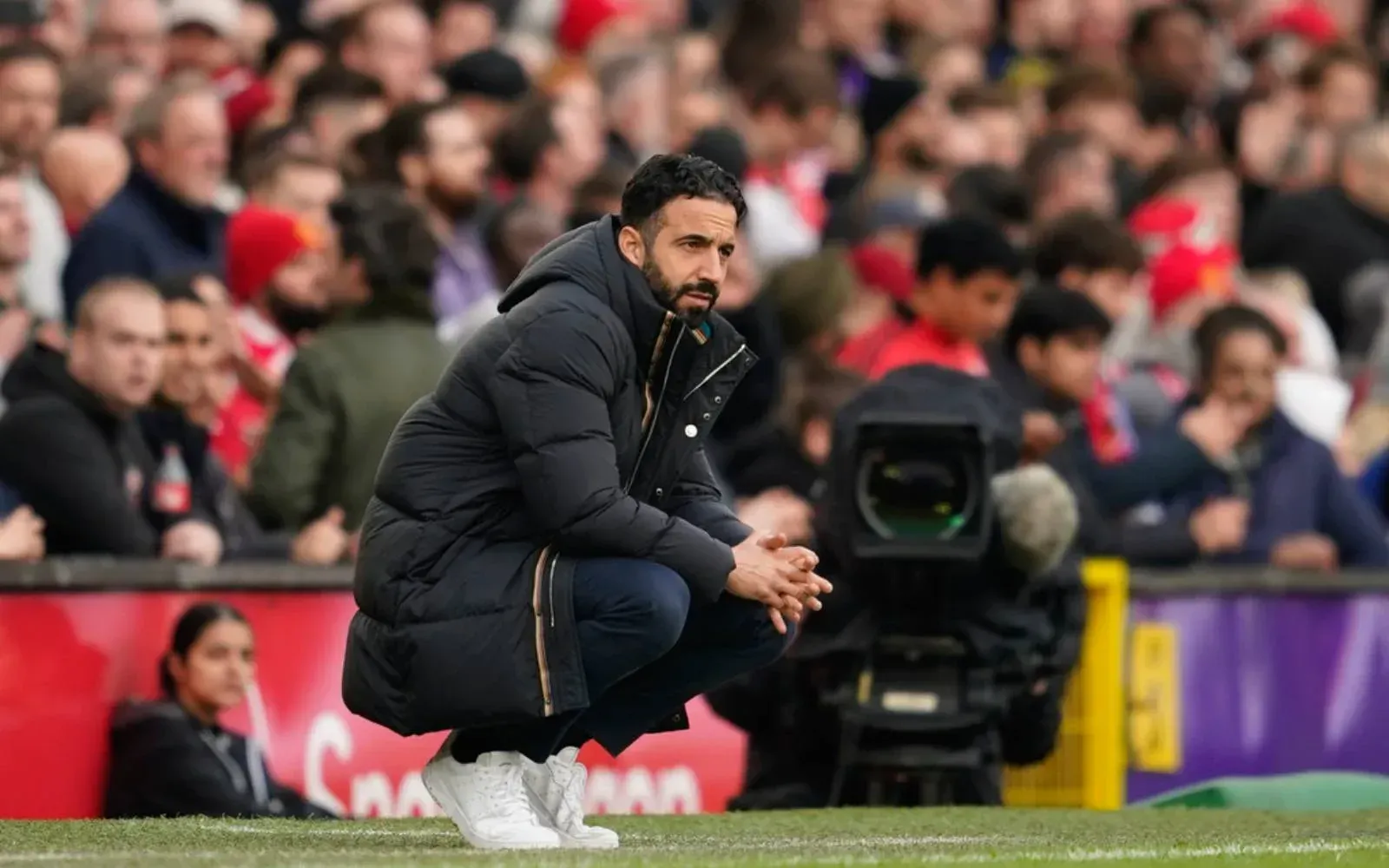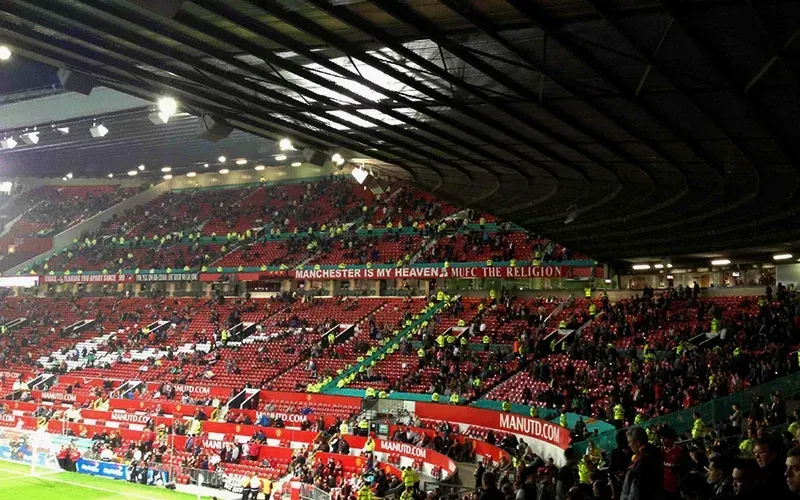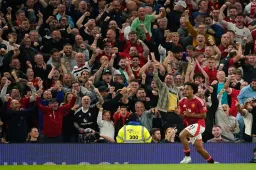Amorim mustn't fall into one crucial mistake that could cost him his job at Man Utd
OpinionsSaturday, 28 December 2024 at 20:10

Ruben Amorim has struggled so far to impose his new strategy at Manchester United.
Results have undoubtedly worsened, but the belief that the pain is for the greater good offers a sliver of hope for Red Devils supporters and the club's leadership—at least for now.
As 2025 approaches, United find themselves further adrift from the Premier League's top four than they were when Amorim arrived, fresh from his successful tenure at Sporting.
Yet, as long as the Portuguese manager holds firm to his promise that "identity is the most important aspect" of his mission, patience will follow.
Read also
This emphasis on identity is where his predecessor, Erik ten Hag, faltered.
Ten Hag arrived at Old Trafford as one of Europe’s most sought-after managers after his dazzling achievements at Ajax.
However, his reign began disastrously with two defeats: a 2-1 loss at home to Brighton and a humiliating 4-0 rout at Brentford. In response, Ten Hag focused on short-term fixes.
United secured third place in the Premier League and ended a six-year trophy drought by winning the Carabao Cup in his debut season.
The second season brought an FA Cup victory, but it also delivered a record-low eighth-place finish in the league and the club’s worst-ever Champions League campaign.
Despite these warning signs, the United hierarchy overlooked the underlying issues, dazzled by Wembley’s fleeting glory, before eventually parting ways with Ten Hag.
His downfall wasn’t just poor results—it was that the 75,000 fans filling Old Trafford had no idea what to expect from his team week to week.
Amorim reignited hope among fans in his inaugural press conference, pledging to transform United with a clear vision.
Read also
He was resolute about implementing his signature 3-4-3 system in English football.
"We know that we need time, but we have to win time," Amorim said. "To win time is to win games. But the most important thing for me is identity."
He elaborated, "From day one, we will start with our identity. Of course, we are going to prepare for the games, but we will focus a lot on our game model—how to play, how to press, these small details.
"You cannot go 100 per cent on every detail because it will be confusing for the players. So if I have to say one thing, my main goal, my first goal, is identity."
Early defeats were anticipated, but few expected them to come with such frequency.
Amorim now faces the prospect of setting unwanted records, the kind no manager wants associated with their name.
Yet, the worst thing he could do is abandon the philosophy for which he was hired before fully reshaping the squad.
Amorim had warned of turbulence ahead, stating, "A storm is coming." That storm arrived in December with five painful defeats.
Now, under mounting pressure, the Portuguese tactician must navigate the chaos and hold steady until the balance he envisions is finally achieved.
loading
Popular News
Loading




